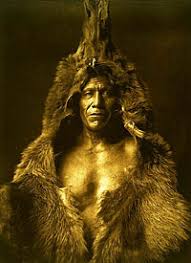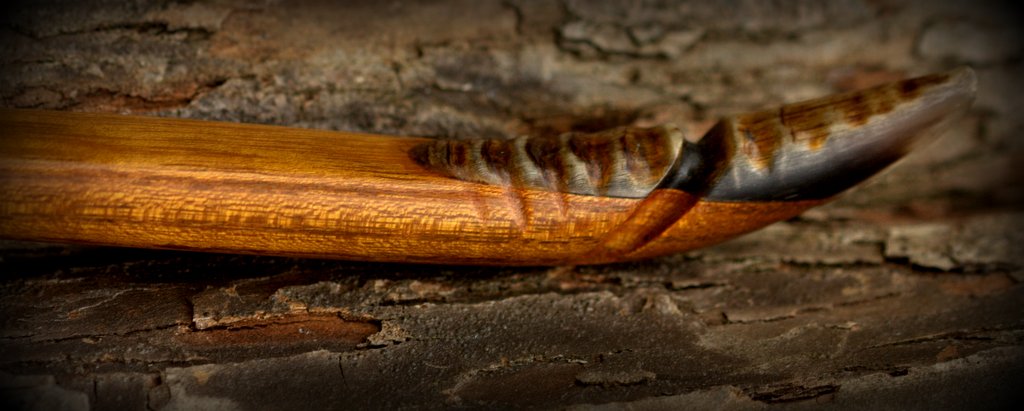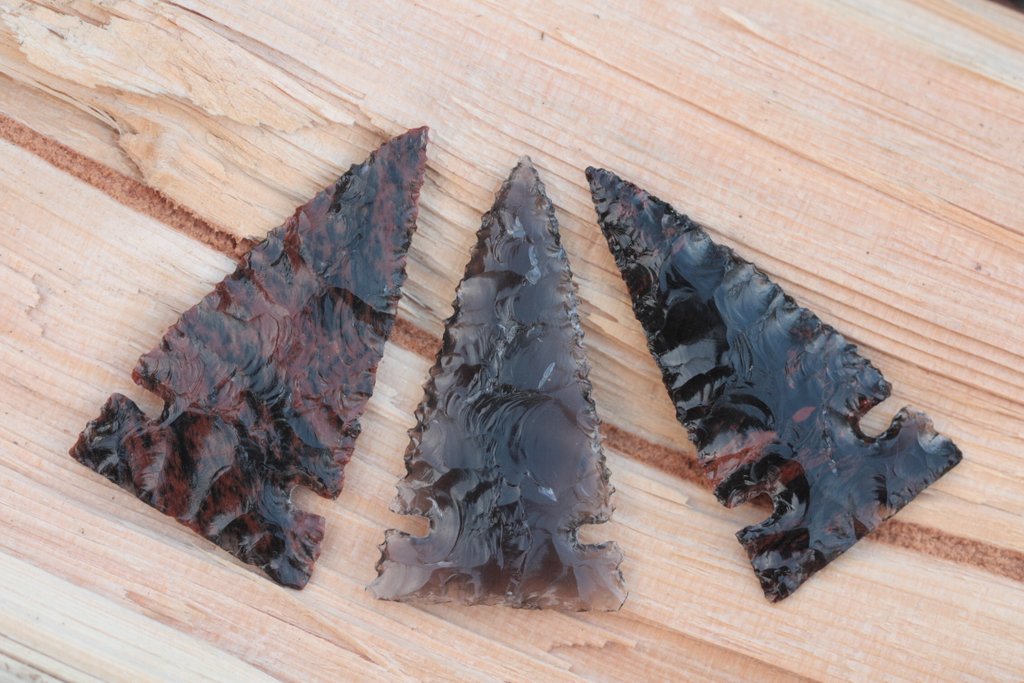A Plug for Backcountry Hunters and Anglers
I wanted to take a moment to plug an organization that I admire greatly. It has been both a relief and an inspiration to find that there is a group of people working to promote hunting, fishing and land conservation values that make sense and aren't filtered through the political blender first to make sure some talk show host or special interest group won't be offended. I wrote a piece for their blog, and because I'm feeling tired and lazy today I am going to add it to mine.
Here's the link. Please visit and consider joining.
www.backcountryhunters.org/
Bridging the Gap
It has been a long time since I put
words to paper regarding my passion for wild lands. However, my mind has never stopped wondering at Nature’s devalued status in our society, nor has my heart
stopped breaking from the relentless destruction of wild places in
the name of this or that political or financial objective. For a while, I have felt ‘alone’ in my
concern. There is an essay in this blog
regarding stewardship of lands, in which the author states that he often sways
between wanting to save the world, and wanting to savor it. Long ago, a younger, idealistic and more energetic version of myself lost heart and stopped trying to save
the world in order to focus almost exclusively on savoring it. Wilderness, especially then, is a
refuge for me, as it is for so many others.
It was the antidote to the sense of being alone that trying to save the
world had given me. My thought was “better love it while you can
because it will be gone soon.”

I surprised myself the other day
with the strength of anger that I experienced when an older friend of mine, who
himself is no fan of “tree huggers,” spoke those same exact words to me.
With resignation in his voice he said “better
enjoy it while you still can.”
As though
the destruction of what I loved most outside of my family and God was a
foregone conclusion.
As though it were
the last piece of pizza in the pan, and it’s ‘everyone for themselves.’ The
sense of betrayal and disgust that I felt toward this person I respected and I looked up to as one who actually has the experience and influence to
make a difference, was, truly, unfair.
What I actually felt was a sense of disgust for myself.
I had betrayed my own values by giving up and,
whether it is a lonely journey or not, I have a responsibility to protect what I
love, and a responsibility to defend that which cannot defend itself.
When we as humans apply these same principles
to our families, I believe anyone can understand this feeling of responsibility.
So I am putting words to paper
again, and while I am reclusive by nature and dislike the idea of putting
myself out there in the face of the scorn and ignorance surrounding this issue,
I am once again choosing to become involved in a direct way.

Part of my sense of being alone has
been due to my being both an avid hunter/fisherman, and a devoted “tree
hugger.”
I have found that despite the
obvious common ground, (maybe I am the only one who sees it), traditionally
these two groups have been at odds with each other.
The one asks “How can you kill what you
love?”
They envision Elmer Fudd, and
heartless, thoughtless machismo as the stereotype of the ‘hunter,’ and then
paint the rest of us with the same, scornful brush.
The other disdains what seems a tendency
toward over-dramatization.
They see
young, inexperienced, over-educated and elitist blowhards who are willing to
take their views to extremes; destruction of property in the name of “protest,”
the dangerous spiking of trees, and the (admittedly mutual), demonization of
those who disagree.
Both of these
stereotypes are grounded somewhere in truth, but truly miss the boat.
The result, as I see it, is that both are less
effective in achieving their goals.
On
bad days I see this as unforgivably stupid.
On good days, it’s a tragedy that sucks the energy out of people with
the heart and the will to make a real difference.
BHA is a ray of hope for me, and, I
believe, for many others. While I would
not presume to know the minds of those who had the courage to begin the
organization, it appears to have the potential to provide a bridge between these
aforementioned groups. Maybe not for
the small portion of extremist views on each side, who utilize disparagement
and blaming as their only tools for change, but for the vast majority who are
ruled by common sense, kindness, and reason.
As an organization, BHA appears to understand
the nearly religious nature (some would say precisely
religious nature) of back country living for those who hunt and fish. A
person who actively participates in the activities that were at one time
necessary for our species’ survival understands his or her own connection to
Nature in a manner that the typical Nature observer simply cannot. That is not to say that those who love the
natural world and choose not to hunt or fish have a lesser connection. It is just different, but no less powerful
and important.

There also is acknowledgment within
my experience of BHA that without the committed stewardship of the land that
the environmentalist movement also champions, the undisturbed wild lands that
these outdoor activities require to maintain the full integrity of the
experience will disappear.
Finally, there appears to be awareness in BHA that
the true threat to these activities is neither the environmentalist, nor the
outdoor sportsman, but those who make no connection to the environment except
as a means to make money. Or, as in the
case of unrestrained ATV use, those who see the wilderness as their personal
playground and have little concern for the impact of their recreational
activities. These attitudes are not
evil, but do seem ignorant and short sighted.
Unfortunately, because money buys power and the attention of the
powerful, these attitudes are more clearly represented in government, where
policy decisions are made, than the perspectives of those who see the value of
lands in their natural and unaltered state.
I do see wealth in what is left alone.
I see a spiritual value and experiential richness, which is not the kind
that you can spend, or consume, or even summarize in the cost/benefit analysis
model that we currently attempt to cram every possible scenario into these
days. The kind of wealth that is substantial
and precious, nonetheless. With a few exceptions,
the business community rarely gets it. Nor
should we expect them to, as their bylaws typically require that they do what
it takes to maximize profit for their shareholders. Neither does the urban based politician get
it (usually), who identifies success and stability with “growth,” often at the
expense of wild areas. If nothing else, BHA
gets it.
As I have been a part of both sides
of the issue (sportsman and environmentalist), and have seen both moderate and
extreme views on each side, I would like to acknowledge the best, and the worst,
in each.

Where I reside, aside from the
clear cuts, nobody treats the forest worse than the most ignorant members of
the hunting community.
To those who
dislike us already, it is not the ethical hunter that is noticeable.
It is the hunting slob; who leaves garbage
around overused campsites, or drives off-road vehicles at high speed in places
that are not capable of handling the impact, or treats the wildlife that they
hunt with casual indifference and disrespect.
(I am reminded of an ad I saw recently that states “Nature looks best
when mounted on my wall”).
This “Whack
‘em and Stack ‘em” mentality is the dark side of a community that also
contributes more wildlife dedicated financial assistance, through a
self-imposed tax, than any other group in the
US.
Living inside of the hunting community I probably see more problems with
it than even the anti-hunter does.
But I
also see the good will, the positive intentions, and the traditional values
that in actuality are more like the environmentalist values than not.
This I believe is true because they are the
values of good people in general, whether hunter, environmentalist, or
neither.
I went to college at a school that
touted itself as “for the environment.”
While there I saw the full range of what you might expect from young,
impressionable and idealistic students at such a school. I saw the PETA folks in the student lounge,
shaming those wearing leather and completely intolerant of even polite disagreement. I met the folks who took pride in “monkey
wrenching,” an illegal activity that gives thrills, satisfies a need for
spiteful revenge, and provides a false sense of achievement to the people who
partake of it, but is essentially polarizing and fuels negative attitudes and
labels such as “tree huggers” and, “eco-nazis.”
No one who uses or thinks in these terms is inclined to interact
politely with those to whom the labels are applied. And yet if this is all we see in the
environmentalist movement, we would again completely miss the boat. In college level environmentally and
ecologically focused classes, we learned about Teddy Roosevelt, John Muir, Aldo
Leopold, and Gifford Pinchot. These are
the same icons of outdoor living and conservation discussed in many hunter
safety courses throughout the states. I
met teachers who made a point of introducing students to cattle ranchers in the
Southwest, an area embroiled in conflict over grazing impacts and wilderness
values. This allowed for some incredible
meals, warm interactions, and experiences of awestruck respect, witnessing
the tenacity and love for nature demonstrated by those same ranchers. Their generosity toward a bunch of punky
twenty-somethings alone was enough to change perspectives for the better. So even within the halls of the
institutions that identify as “for the environment” there is an understanding
of the importance of knowing both sides of an issue before developing an
opinion. And there are those who
understand that mutual consideration is a principle that extends beyond simple
disagreements over the details.
The point is, good people exist in
both arenas and demonstrate respect for each-other, themselves, and the world
we share.
Through this letter, I hope to
inspire those good people on both sides of the issue to begin a conversation
with each-other, rather than letting the fringe elements create the paralyzing
gridlock of anger and shaming that prevents positive movement.
The hunger in our nation for resources and financial
gain does not rest, and will not pause to wait for us to get our acts
together.
Without guidance and input
from those who care about backcountry we are in danger of losing untouched and
wild natural areas that cannot be replaced.
This is a tragedy I don’t want my children to have to experience.
Thank you for your time.
(Originally published in BHA's Backcountry Blog. Link below.)
 Obviously, the term "primitive" is open to interpretation. Some would call the venerable Commodore computer primitive, though the thought of any computer being a primitive tool is laughable. So I wanted to take a minute and see if I can't completely muddy up the picture for you.
Obviously, the term "primitive" is open to interpretation. Some would call the venerable Commodore computer primitive, though the thought of any computer being a primitive tool is laughable. So I wanted to take a minute and see if I can't completely muddy up the picture for you.





